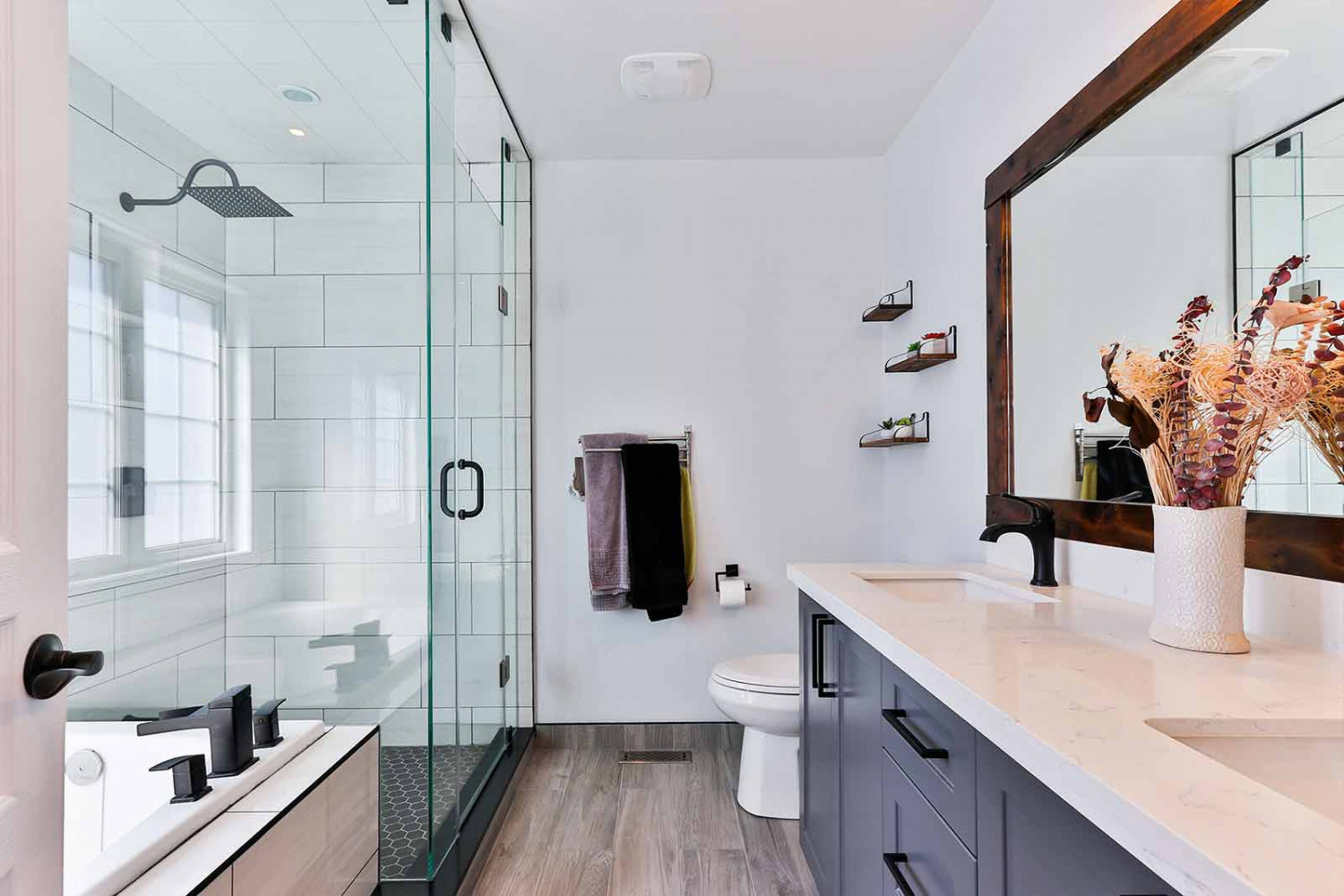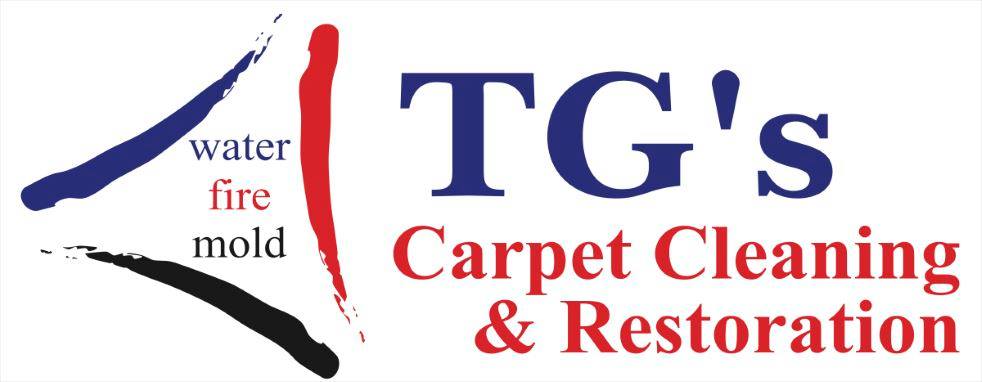

Our Journeyman and Masters Certified textile cleaners at TG's are experts in stone, tile and grout cleaning and sealing.
Call today to schedule your tile or stone to look like new!
This guide is designed to provide you, with the basic introduction into the cleaning and restoration of floors. All Hard Surfaces Floor can be divided in two categories:
SYNTHETIC FLOORS and NATURAL STONE
Synthetic Floors
CERAMIC TILE
Ceramic Tile is clay fired man-made material. Surface in glazed ceramic not normally require any protective treatment. It is the glaze itself that gives the material its excellent protection against the absorption of dirt.
VCT-TILE
Vinyl Composition Tile contains vinyl resins and comes in a wide variety of colors. It is an extremely dense yet porous floor and has a good resistance to acid, alkaline and solvent base spots and spills. It is highly resilient and is most commonly found in commercial use.
QUARRY TILE and PAVER BRICK
Quarry Tiles are an unglazed ceramic material that are particularly suitable for exterior paving, due to their low adsorption and resistance to freezing (the high baking temperatures and high quality of the clay, with other raw materials make this type of floor, one of the most durable in the market today).
PORCELAIN TILE
Is a very hard material that is particularly resistant to chemical agents, scratches, freezing and to the absorption of water. It is ideal for paving floors in public places such as restaurants, airports, schools, hospitals and shopping centers. This produces the "polished" version with its mirror-like shine. However, unlike the "natural" or unpolished versions, it is subject to marking.
Natural Stone
TERRA-COTTA TILE (knows as "SALTILLO TILE")
One of the oldest ceramic materials made by man, this type of floor is obtained by mixing clay and water, leaving this to dry naturally, then baking it in a kiln. Saltillo Tile has particular characteristics of a physical (absorption), mechanical (special finish), and compositional (for the different types of clay) nature that demand special treatment. Natural Stone (from front page)
MARBLE
Is known as a calcium carbonate stone, and has been a metamorphic rock, marble reacts to acids and give a high gloss appearance - is acid sensitive and scratches easily; most Marble stone have veins, swirls and bands. For cleaning and restoration purposes, the most suitable method should be chosen according to the level of wear.
SLATE
Is classified as a "rough" material with a low absorption. Slate can be found both an interiors and exteriors, and rarely have a high polish unless a coating is placed on it. A good quality silicone impregnator sealer can protect the stone and generated more durability.
TERRAZZO
Terrazzo is a mixture of Portland cement and Marble chips. These chips can range in size from a fraction of an inch to as large to several inches. The very good side about Terrazzo is it can be ground, honed and polish just like Marble and can be easily mistaken for Granite.
GRANITE
Granite is an extremely hard natural stone with low porosity, normally given a polished finish. Granite paving is not usually treated; in this case waterproofing the material is recommended, especially if is laid in places such kitchens or bathrooms.
TRAVERTINE
Is limestone that has been formed in hot springs. A polished travertine will have its holes filled with color-matched Portland cement filler. These fillers do not take a high polish thus the overall polish tends to look blotchy.
FLAGSTONE
Is the term given to almost all-stone material cut into thin, irregular shapes. Found extensively on sidewalks, foyer entrance, pool decks, flagstone can be almost any material but is commonly the SANDSTONE type. Flagstone should not be ground and should only be cleaned and sealed.
